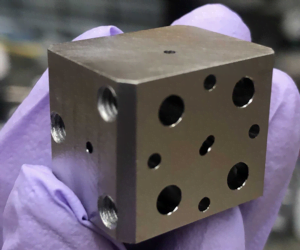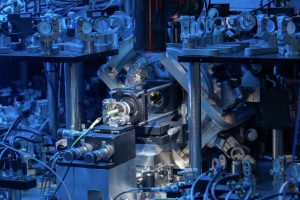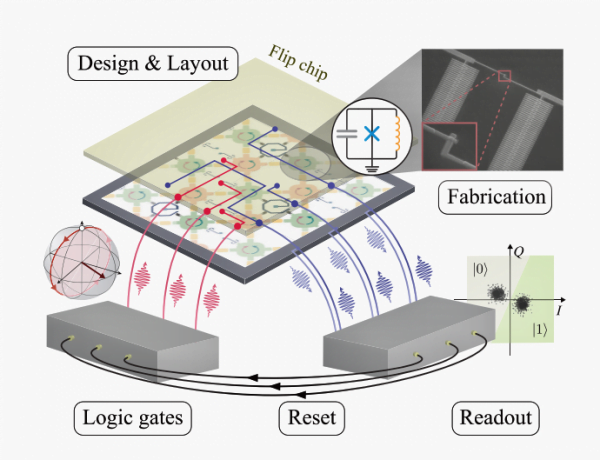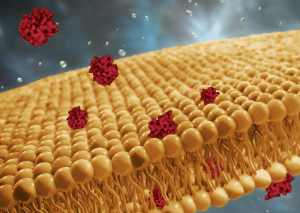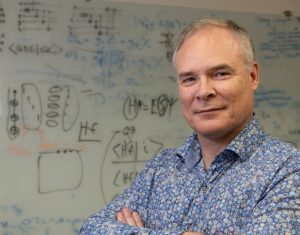
Researchers have discovered a way to “translate” quantum information between different kinds of quantum technologies, with significant implications for quantum computing, communication, and networking. The post New Experiment Translates Quantum Information Between Tech in Important Step for Quantum Internet appeared first on HPCwire.

The rise of artificial intelligence (AI) and a branch of AI called machine learning, which focuses on the use of data and algorithms to imitate the way that humans learn, is rapidly changing the way data-intensive scientific discovery is being done. The post Science Beyond Siri: A Team of Educators and Computer Scientists Take on […]

An innovative food and nutrition project is uniquely combining artificial intelligence (AI) and social enterprise business models to help address the challenge of food deserts in the U.S. These are places across the country where supermarkets are more than one mile away in urban neighborhoods or 10 miles away in rural communities. Residents in these […]

Researchers at the University of Oxford have recently created a quantum memory within a trapped-ion quantum network node. Their unique memory design, introduced in a paper in Physical Review Letters, has been found to be extremely robust, meaning that it could store information for long periods of time despite ongoing network activity. The post A […]

A team of physicists from Ghent University—Interuniversity Microelectronics Center, Technical University of Denmark and Politecnico & Università di Bari, reports that it is possible to use quantum fluctuations to generate random numbers faster than standard methods. The post Using Quantum Fluctuations to Generate Random Numbers Faster appeared first on HPCwire.

Researchers Ludovico Lami (QuSoft and IoP, University of Amsterdam) and Mark M. Wilde (Cornell) have made significant progress in quantum computing by deriving a formula that predicts the effects of environmental noise. This is crucial for designing and building quantum computers capable of working in our imperfect world. The post How to Overcome Noise in […]

Currently there are many qubit types under development. One that’s received relatively little notice is the fluxonium qubit. It’s a less well-studied cousin of the transmon superconducting qubit being developed by IBM, Google, Rigetti and others. The post Will Fluxonium Qubits Join the Crowded Race for Effective Qubits? appeared first on HPCwire.

There is a need for new drugs. For example, many of the antibiotics that we have been using for a long time are becoming less effective. Chemists and pharmaceutical scientists are frantically searching for new active substances, especially those that can penetrate cell membranes, as these are the only ones that patients can take orally […]

Bert de Jong leads the Applied Computing for Scientific Discovery Group at Lawrence Berkeley National Laboratory. He also heads the Advancing Integrated Development Environments for Quantum Computing through Fundamental Research (AIDE-QC) project, a multi-institution effort in open-source computing, programming and simulation for Department of Energy’s Advanced Scientific Computing Research program, and has leadership roles in several other DOE-supported […]

An international team of researchers from Leibniz University Hannover (Germany), the University of Twente (Netherlands), and the start-up company QuiX Quantum has presented an entangled quantum light source fully integrated for the first time on a chip. The post Quantum Light Source Goes Fully On-Chip, Bringing Scalability to the Quantum Cloud appeared first on HPCwire.
